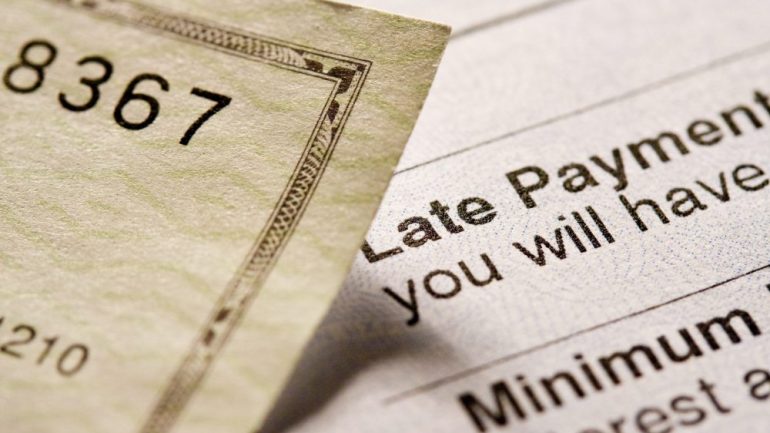Homeowners face stiff penalties both for paying off their mortgages early and for making their monthly payments late. Here’s how mortgage prepayment and late payment penalties work and what you can do to avoid them.
The cost of mortgage prepayment
Prepayment penalties are charged when a borrower pays all or part of a mortgage ahead of schedule. This costs the mortgage company future interest it would have earned over the life of the loan. Most mortgages are for 30 years, yet few borrowers stick with that lengthy payout. The majority sell the house long before that, refinance, or make accelerated payments that pay down the principal and reduce the amount of interest over the life of the loan. Prepaying 20 percent or more of the loan balance in a year can trigger mortgage payment penalties.
Prepayment penalties, which may vary depending on state law, take various forms. Talk with your lender.
- You might be charged a fee of as much as 5 percent of the loan balance.
- Your penalty might be 80 percent of six months of interest on your final loan balance.
- The penalty might be determined according to a sliding scale that gradually diminishes the longer you stay in the loan.
- The penalty might be a simple flat fee.
Know the terms of your prospective mortgage contract before you sign it, and negotiate to remove prepayment penalties if you can.
The cost of being late with a monthly payment
The other scenario that incurs mortgage payment penalties is being late on mortgage payments. Many mortgage companies allow a 15-day grace period to get your payment in. If your payment is later than that, you could be hit with a penalty of 5 percent of the payment due. The monthly interest charges in your mortgage payment do not compound when missed. You simply owe the monthly payment plus the 5 percent penalty. If you know your payment will arrive after the 15th of the month, include the penalty charge with your payment. As with prepayment, it’s important to talk with your lender as regulations vary among the different states.
As if this mortgage payment penalty weren’t enough, late mortgage payments can give your credit score a black eye, forcing you to pay higher interest rates for future mortgage and car loans. Miss enough payments and you could be foreclosed upon, which devastates your credit rating. Clearly it is important to avoid late or missed payments.
Related – How Getting a Mortgage Affects Your Credit Score


